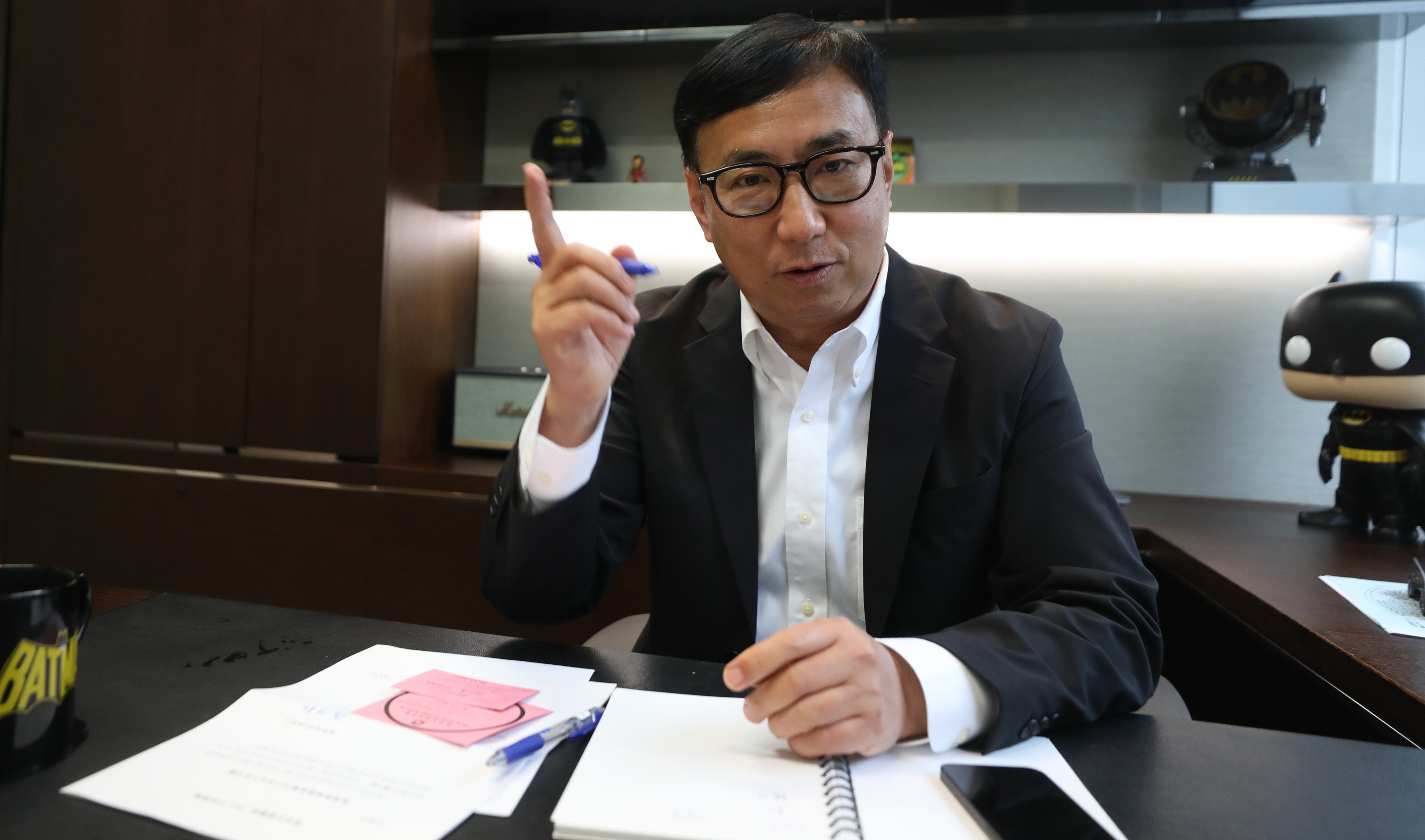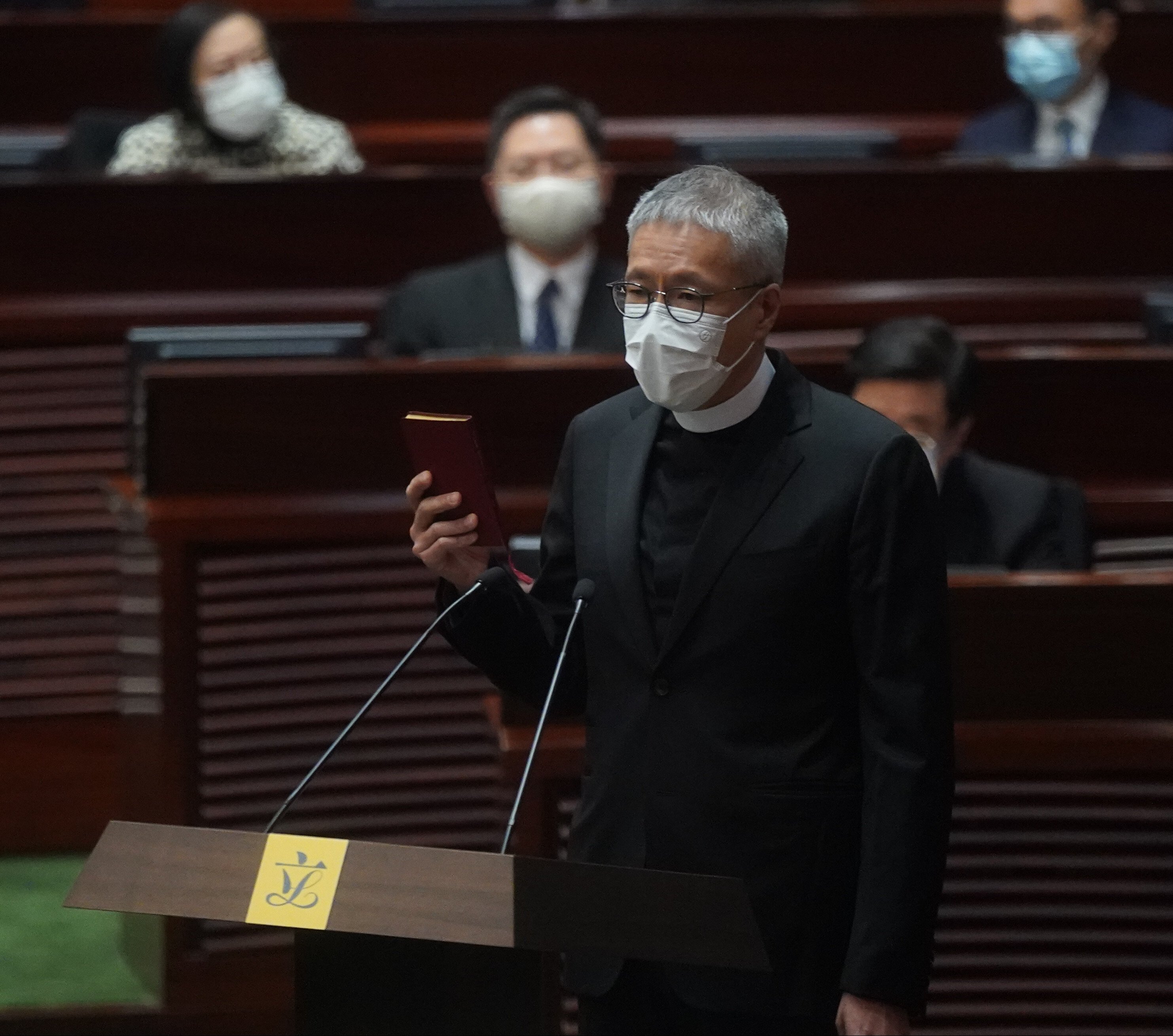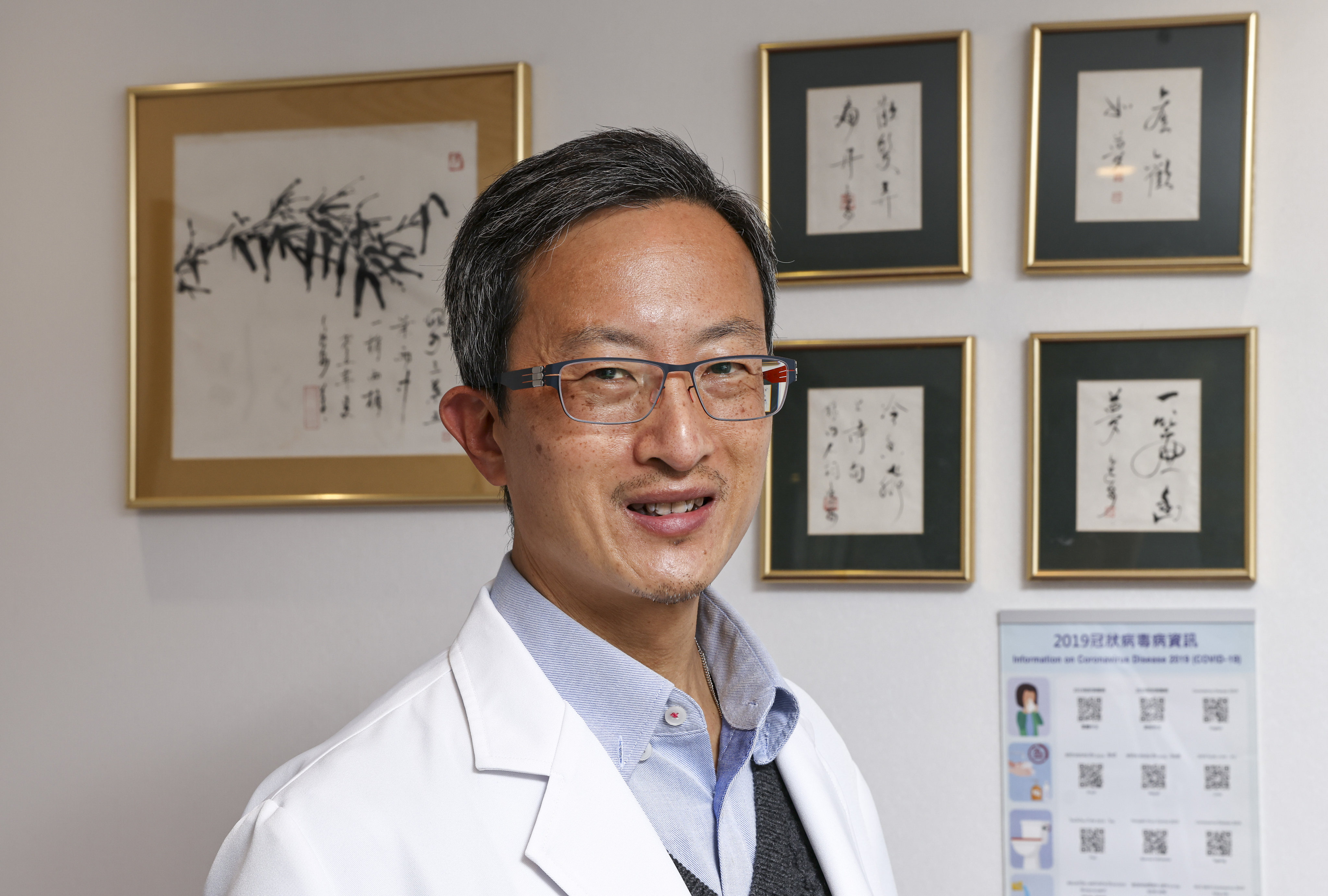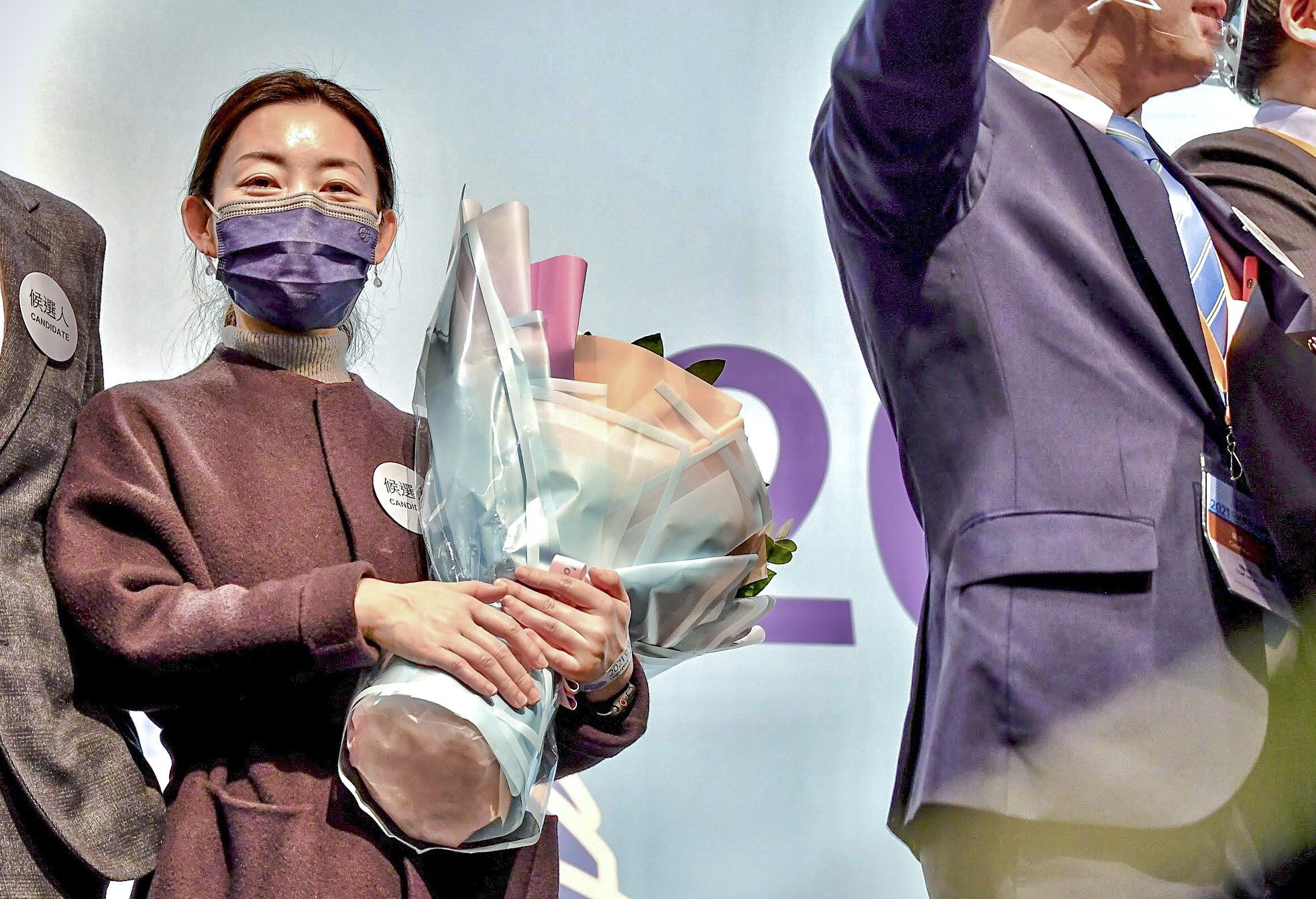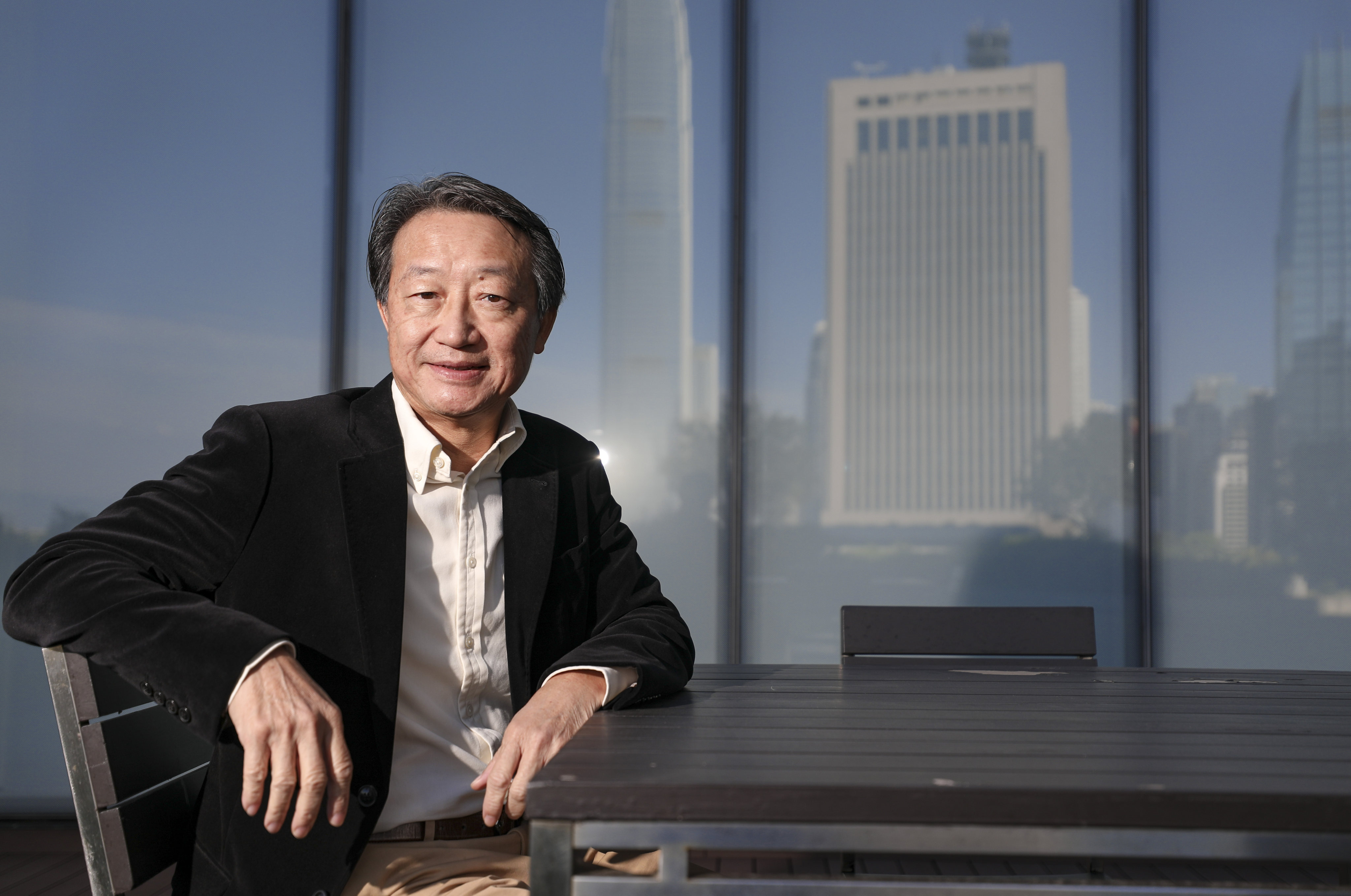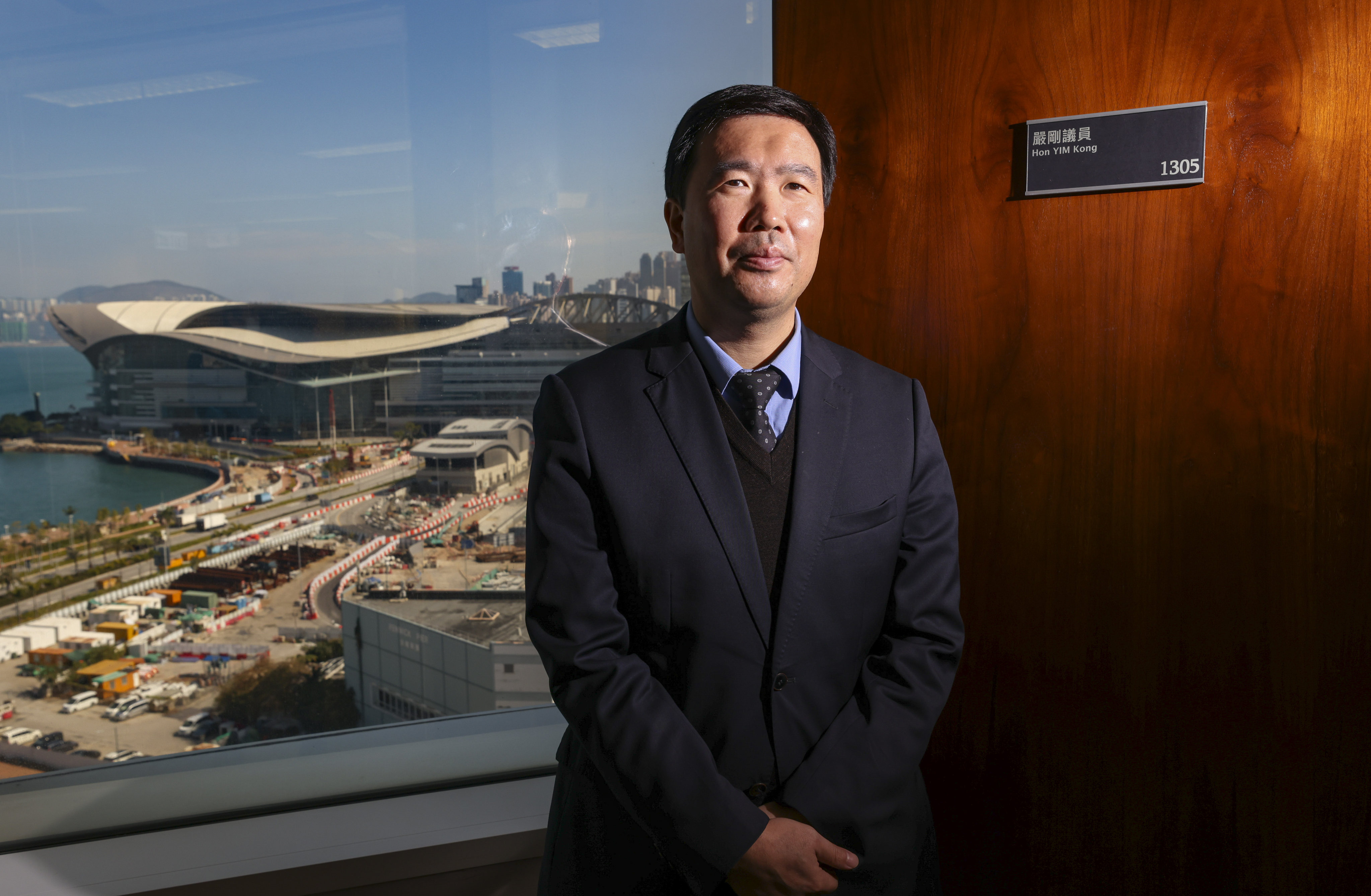Hong Kong’s novice lawmakers: surgeon hopes to cut waiting times, move health care services closer to residents
- David Lam says city’s rapidly ageing society needs a coordinated community health care network
- Democratic reforms can wait, while health care, housing are priorities, says medical sector lawmaker
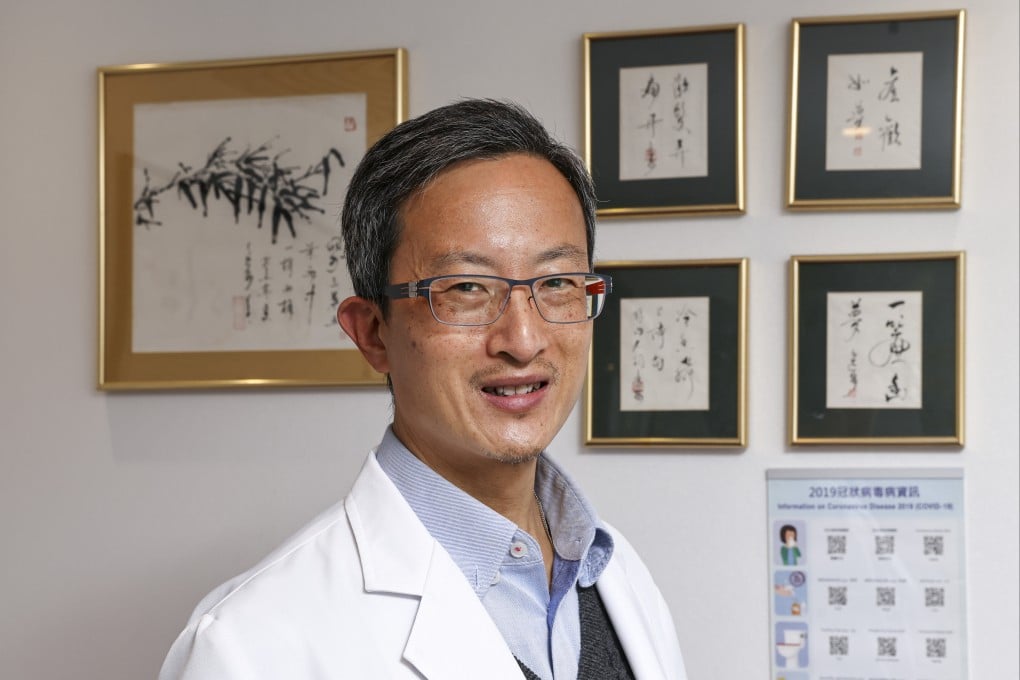
Dr David Lam Tzit-yuen imagines a day when Hong Kong’s community health care will be so well coordinated that people no longer have to travel to public hospitals and endure long waiting times to be treated.
A strong connection between public hospitals and neighbourhood medical professionals will be key to making that dream a reality.
“The community will then become a ‘hospital without walls’,” he said. “We have been relatively slow in pushing this forward, but the population is ageing fast and will not wait.”
Hong Kong’s new medical sector lawmaker told the Post that primary health care, the provision of essential medical services in the community, would be his priority over the next four years.
The 56-year-old surgeon and former vice-president of the Hong Kong Medical Association said he was concerned that Hongkongers, especially the elderly and poor, had to rely on public hospitals for medical follow-ups and essential health care services that ought to be available nearer their homes.

